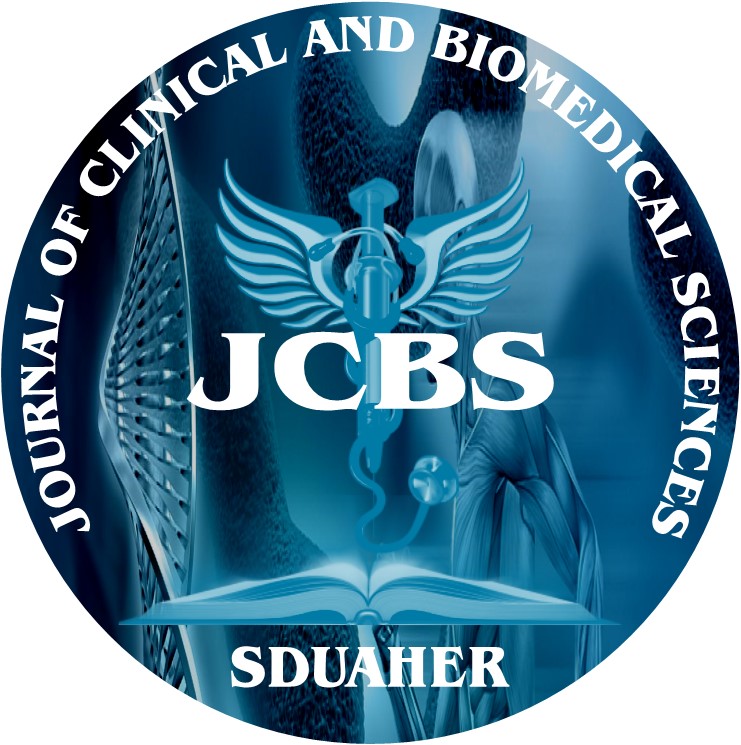


Journal of Clinical and Biomedical Sciences
Year: 2015, Volume: 5, Issue: 1, Pages: 5-8
Review Article
Ashwin Kamath
Associate Professor, Dept. of Pharmacology, Kasturba Medical College, Manipal University, Mangalore, Karnataka, India.
*Corresponding Author
E mail : [email protected]
Serotonin syndrome is a potentially life-threatening adverse drug reaction caused due to excessive serotonergic activity characterized by mental, autonomic and neuromuscular changes. It is largely an avoidable adverse drug reaction. 5- HT1a and 5-HT2 receptors are considered important in the pathogenesis of the syndrome. Drugs commonly implicated are SSRIs, monoamine oxidase inhibitors and drugs causing serotonin release. Serotonin syndrome is usually of acute onset, within 6 to 24 hours of starting the offending medication, after a medication change or overdose with some cases manifesting within minutes in latter instances. Diagnosis entirely depends on the patient history and clinical examination. A history of increase in the dose of serotonergic medication or recent change of medications should alert the physician. Among the clinical signs, clonus is an important pointer towards the diagnosis. Hunter serotonin toxicity criteria is a commonly used diagnostic criteria. Withdrawal of all serotonergic drugs, supportive care to normalize the vital signs, administration of benzodiazepines and 5-HT2 antagonists such as cyproheptadine are important based on the severity of serotonin toxicity.
Keywords: Serotonin syndrome, SSRI, MAOI, Hunter serotonin toxicity criteria, Serotonin toxicity
Subscribe now for latest articles and news.